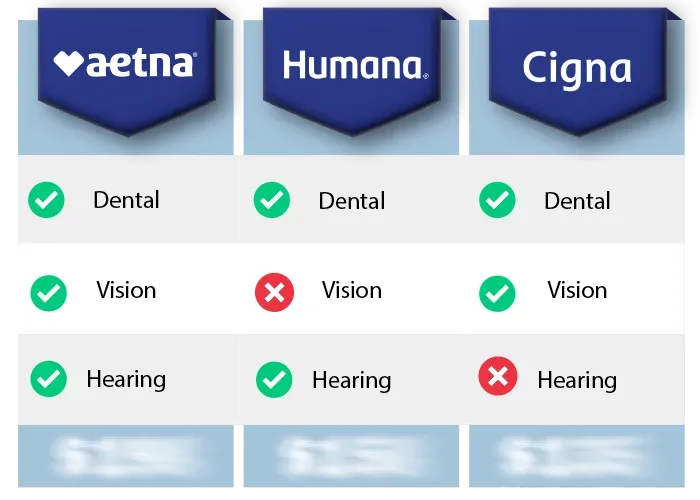2023 Medicare Premiums: Navigating the Changes and Understanding the Costs
Medicare, the U.S. government's health insurance program, undergoes periodic adjustments to its premiums, coverage options, and other related factors. As we approach 2023, it's crucial for beneficiaries and potential enrollees to be well-informed about the changes and what they mean for their healthcare expenses. This article delves into the intricacies of the 2023 Medicare premiums, offering clarity and guidance for those seeking to make informed decisions.
The Evolution of Medicare Premiums
Medicare premiums have historically been subject to annual adjustments. These changes are influenced by various factors, including inflation, healthcare costs, and legislative decisions. For 2023, several factors have come into play that has led to adjustments in the premiums.
Factors Influencing the 2023 Adjustments
Several elements determine the annual adjustments to Medicare premiums:
Healthcare Costs: The overall cost of healthcare, including hospital services, physician fees, and prescription drugs, plays a significant role in determining Medicare premiums. As these costs rise, it's not uncommon for premiums to be adjusted upwards.
Legislative Decisions: Congress and other legislative bodies can influence Medicare premiums through laws and regulations. These decisions can either increase or decrease premiums, depending on the broader healthcare goals of the administration.
Inflation: The rate of inflation can impact the purchasing power of money. As inflation rises, the real value of Medicare premiums might decrease, leading to potential adjustments.
Beneficiary Income: Medicare premiums can also be influenced by the average income of beneficiaries. Those with higher incomes might be subject to higher premiums, known as Income-Related Monthly Adjustment Amounts (IRMAA).
Understanding the Different Parts of Medicare
Medicare is divided into several parts, each with its premium structure:
Part A (Hospital Insurance): Typically, beneficiaries don't pay a monthly premium for Part A if they've paid Medicare taxes for a certain number of years. However, there's a deductible for hospital stays.
Part B (Medical Insurance): This part covers outpatient care, doctor's services, and preventive services. The premium for Part B can vary based on income.
Part C (Medicare Advantage): Offered by private insurance companies, Medicare Advantage plans might come with their premiums, which are in addition to the Part B premium.
Part D (Prescription Drug Coverage): This part covers prescription drugs, and its premium can vary based on the plan chosen and income levels.
Tips for Navigating the 2023 Premiums
Stay Informed: Regularly check official sources like the Centers for Medicare & Medicaid Services (CMS) for updates on premium amounts and related changes.
Review Your Current Plan: If you're already enrolled in Medicare, review your current plan to see if it still meets your needs. Consider switching plans during the open enrollment period if necessary.
Consider Additional Coverage: Depending on your healthcare needs, you might want to explore supplemental coverage options, like Medigap, to help cover out-of-pocket costs.
Seek Expert Advice: If you're unsure about the best Medicare plan for your needs, consider consulting with a Medicare expert or counselor. They can provide personalized advice based on your health and financial situation.
The Future of Medicare
While this article focuses on the 2023 Medicare premiums, it's essential to remember that the landscape of healthcare is ever-evolving. As medical advancements continue and the needs of the population change, Medicare will undoubtedly undergo further adjustments in the future. Staying informed and proactive in your healthcare decisions will ensure that you're well-prepared for whatever changes come your way.
In conclusion, the 2023 Medicare premiums reflect the broader trends and challenges in the healthcare sector. By understanding the factors influencing these premiums and staying informed about the different parts of Medicare, beneficiaries can make informed decisions that best suit their healthcare needs and financial situation.
Custom HTML/CSS/JAVASCRIPT



